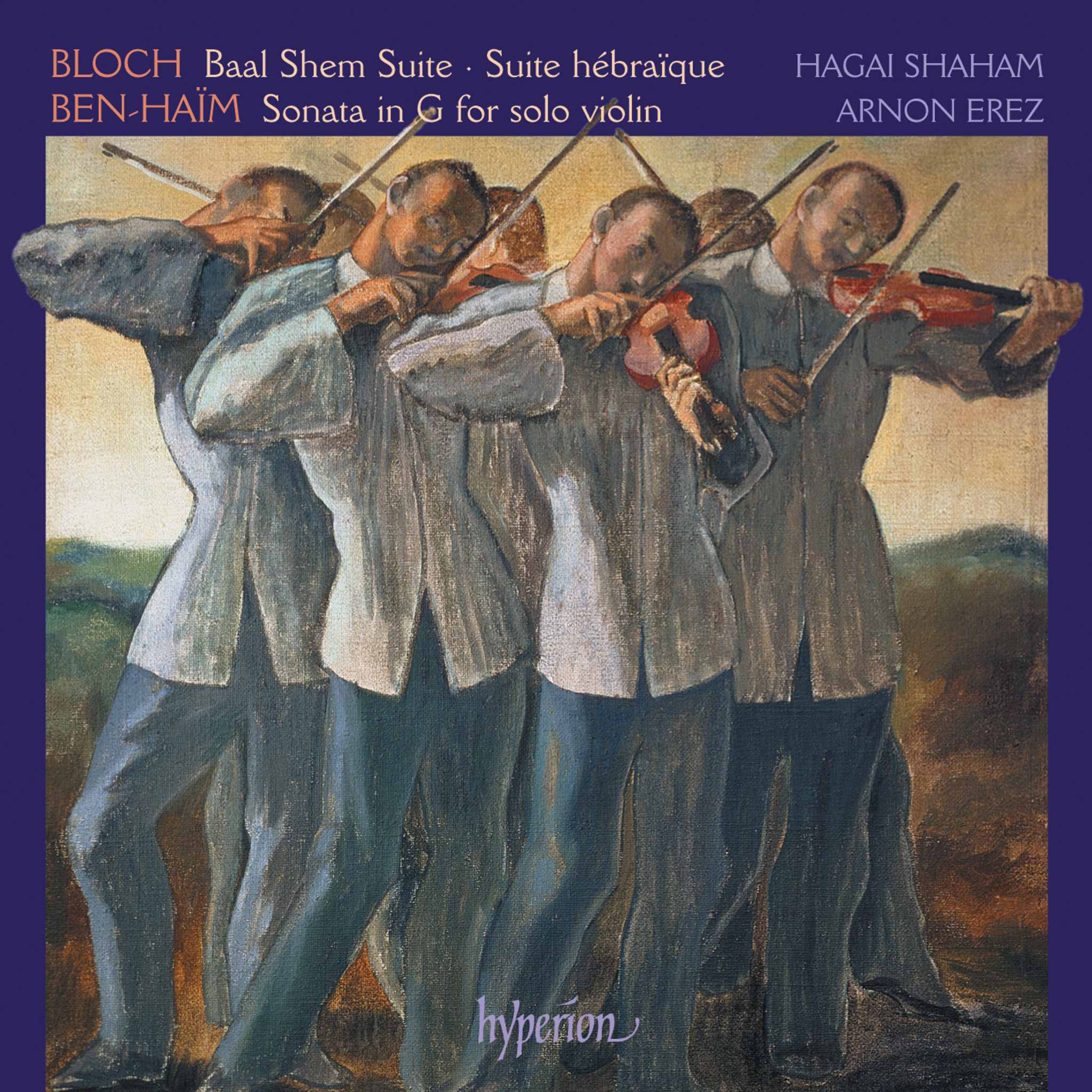Album insights
Ludwig van Beethoven, the most influential figure in Western music history, accelerated the pace of stylistic change like no other composer before him. Within just thirty years, he reached a refined level of expression that no composer of the following generation could match. Beethoven excelled in the standard instrumental forms of music, including symphonies, concertos, string quartets, and piano sonatas. He found joy in working with expressive forms that stemmed from inner musical drama, avoiding specific texts and favoring direct communication through absolute categories.
Beethoven viewed music as a realm of limitless possibilities free from textual constraints, occasionally using sung texts to express deeply held beliefs like human brotherhood (as heard in the Ninth Symphony's finale). Love, freedom, and the benevolent protection of God were recurring themes in his music. Despite preferring instrumental compositions, Beethoven's songs, particularly the "Moonlight Sonata," conveyed his emotions of unrequited love with remarkable musical depth.
Though Beethoven struggled with sung texts due to his vocal limitations, he composed around eighty original songs, primarily using German lyrics. In contrast to Franz Schubert, Beethoven's musical inclinations leaned towards themes with symphonic potential rather than ideal melodies for lyrical execution. He often heard music as a full orchestra in his mind and questioned the singability of vocal pieces he composed.
Despite the challenges involved, Beethoven composed a significant number of original songs, often using German texts. His work in this genre was limited by the prevailing strophic song structure of the time, contrasting with the more detailed musical responses to text that he sought to achieve. Although some of Beethoven's settings were strophic, the expressive simplicity of this form conflicted with his musical genius, leading him to explore through-composed structures that presented their own difficulties.
The painstaking efforts to create these songs reflected Beethoven's desire to express his innermost feelings, despite limited evidence of public performances during his lifetime. This stark contrast between his songwriting struggles and his near flawless achievements in other musical facets underscored the formidable challenge he faced in this particular domain.












